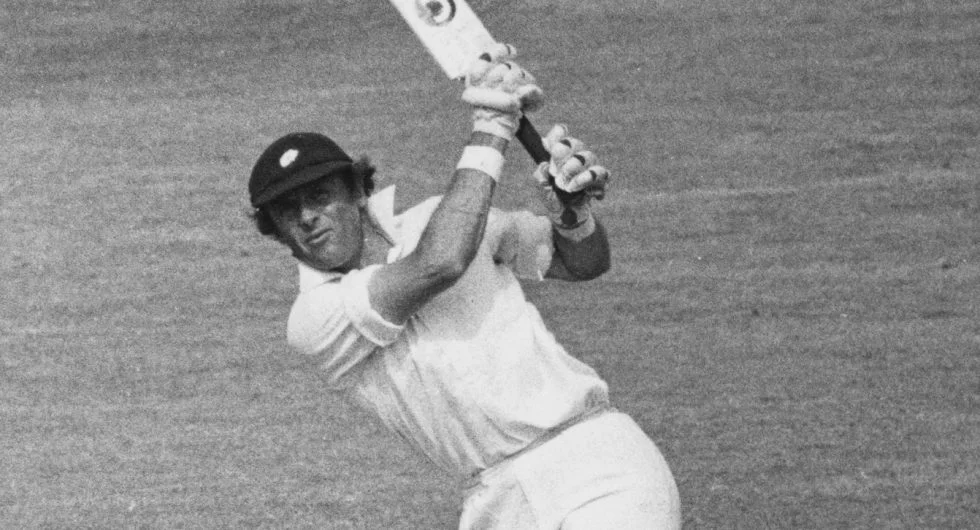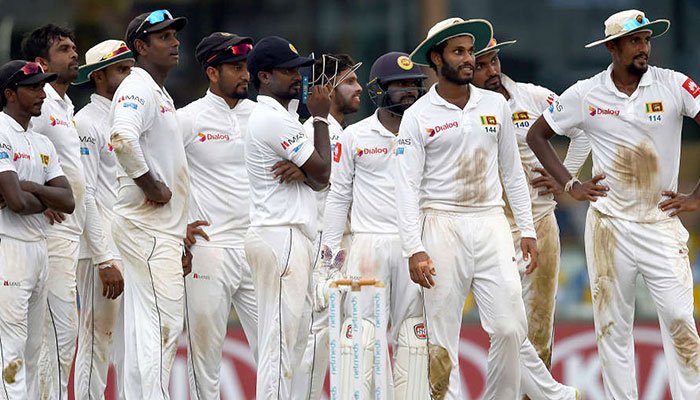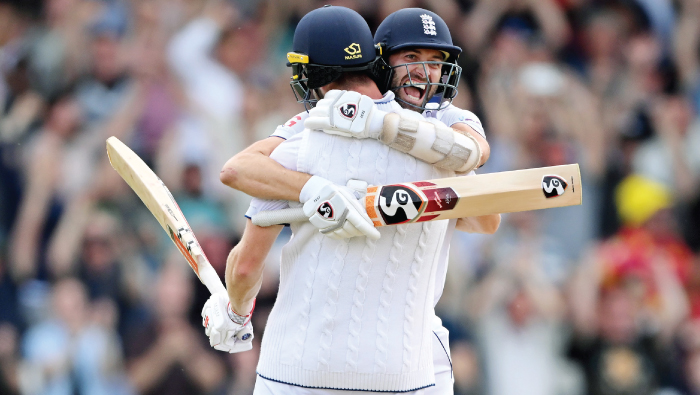2013 Ashes. England were doing well against Australia for a short period. Infact, they dominated the exchange between the teams in 3 consecutive series. This led to complacency. England toured Australia in 2013 and they expected everything to fall in place and that they will win the Ashes easily. What transpired was different. Australia wanted to win the series more than England did. They cannot digest the fact that if they had lost, it would be the first time England would have won 4 consecutive series. Except for Clarke, England did not rate anyone else. However, they ignored certain warning signs before the series. This is Boycott about the 2013 Ashes.
They weren’t scoring huge first innings runs which very much dictates the course of the game. England drew a series in New Zealand that they must have lost. Though they won 3-0 against Australia, the games were much more closer than the scoreline reveals. Lehmann became the Australian coach during the summer series. He picked Steve Smith who repaid the faith with a hundred at The Oval and a couple more in the return series. Mitchell Johnson too was picked for the ODI series from obscurity and he proved to be the chief destroyer of England in the return series in Australia.
Mistakes made by Flower
Andy Flower overlooked the threat Johnson could pose. In that ODI series, Johnson bowled fast, accurate and at the throat of the English batsmen. He was unplayable. However, neither Gooch nor Flower took any note of him. Perhaps, the previous tour during which Johnson was poor, influenced them. In the interim, Johnson worked with Dennis Lillee and Terry Alderman who perfected his bowling action. If Flower had watched the ODIs, he would have seen the big problem brewing in the form of Johnson. In 1990, Mickey Stewart, the England coach called on the services of Boycott to prepare the English batsmen for the West Indian fast bowlers.
He asked the bowlers to bowl full tilt from a reduced pitch length and also showed the batsmen how to duck, weave and defend. The idea was to prepare the players mentally to face fast and aggressive short-ball bowling. If you survive the barrage of the fast bowlers, he will eventually pitch one up that can be stroked for a boundary.
Lack of strategy
Boycott feels that England helped Johnson by not having a cohesive strategy. In Australia, Boycott saw Gooch, the batting coach, giving them a lot of throw-downs but that is not the work of a coach. A coach must study the technique of the batsmen, tidy up their defense and talk to them about where and how to play certain bowlers. Point to the low-risk scoring areas that offer greater rewards. Added to a lack of braveness against Johnson, England gave away a lot of wickets to Lyon. They played him from inside the crease and were virtually shot-less. Joe Root, who was a youngster at that time, fared poorly. He did not come on the front foot as often as it was necessary and was eventually dropped for the last game.
Australia planned well for Alastair Cook who was strong on the on-side. They bowled on the off and outside the off stump so that he remained scoreless. This played on Cook’s mind. It forced him to play shots that he wasn’t comfortable with. The result was there for all to see.
Mental health
Off the field, England lost the services of Trott who suffered from mental health. Flower knew about this problem and was managing it but apparently poorly. Trott retired after the first test. The stress and the pressure were too much for him to bear. England’s treatment of Steve Finn was abysmal. He was a genuine quick who could turn the game around in a matter of overs. His action, his run up and anything else was changed which ultimately led to his drop in confidence. It became so bad that he was sent home from the ODI squad because Giles termed him “not selectable”. England picked 3 tall fast bowlers in the hope of terrorising the Aussie batsmen but Finn became no selectable, Tremlett lost a lot of pace before the series and Rankin was not Test match material.
Swann during the tour was just a shadow of the excellent bowler he was. Swann had an elbow operation in 2013 and ever since, he wasn’t the same bowler. He himself admitted that after retiring. Boycott felt that once Swann retired, he must have been asked to remain with the squad till the end of the series. However, Flower discarded his service once he retired. Panesar was about to make his debut but Swann wasn’t around to give him advise. Flower told Swann that if he is not going to play, he cannot stay with the squad.
Far too many support staff
The England squad of 2013, had 16 support staff. What was the need? Everything about the players was controlled. Flower was here, there and everywhere. He completely controlled the England cricketers. Far too many support staff will make the players stop thinking for themselves if they are offered advise on everything. An 82-page document that showed what the players can eat and what they cannot, made the English team a laughing stock. This was sent in advance to Australia for preparation. This was prepared by an England Chief Nutritionist, Chris Rosimus. Has he even adorned the whites? This sort of micro-management will only make the players feel miserable. Everything showed in the ultimate result. England were routed 0-5.
Boycott about cancer treatment



